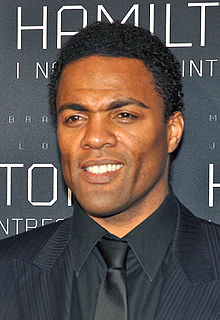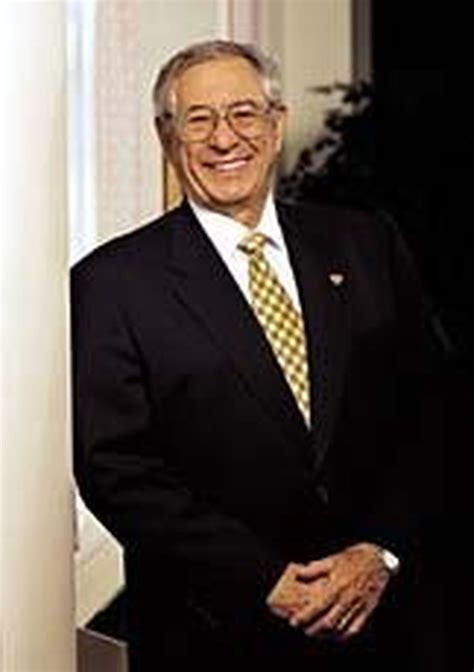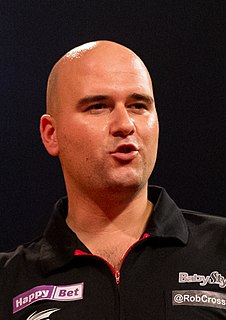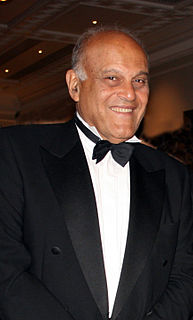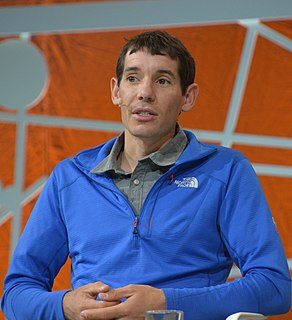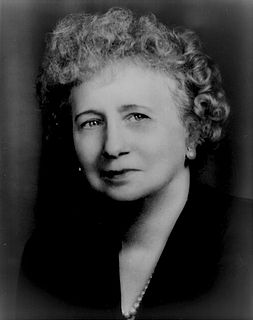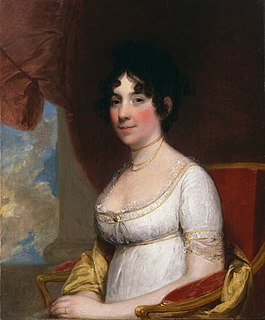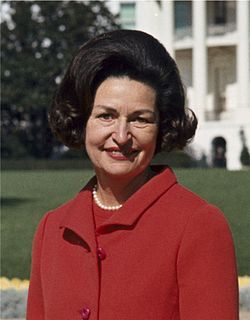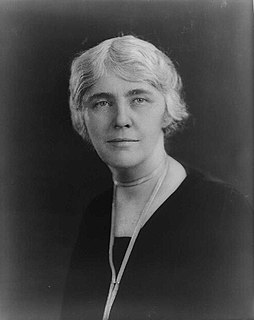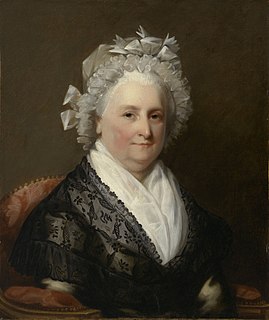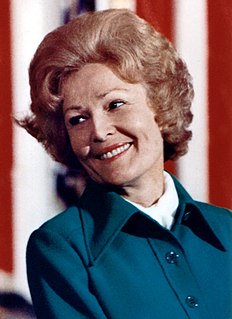A Quote by Laura Bush
Because women don't expect to have heart disease, a lot of times they don't seek help if they have the early symptoms of a heart attack.
Related Quotes
When I heard that heart disease kills more women than all cancers combined - when I heard that, I knew. The other thing that's very important is that heart disease...is preventable. There are some specific lifestyle changes that women can make: losing weight, not smoking, exercising, eating healthy foods. Knowing the risk factors: high blood pressure, high cholesterol, diabetes, [being] overweight. And if you have heart disease in your family, you should see your doctor. Because this disease is preventable.
It was long assumed that heart disease manifested the same in men and women. But Dr. Legato found that men may experience the classic symptoms of chest pain that radiates down the left arm. Women often have symptoms including shortness of breath, nausea or vomiting, and back or jaw pain. A gender-neutral approach left many women under-diagnosed and under-treated and as a result many women died needlessly.
Heart weeps. Head tries to help heart. Head tells heart how it is, again: You will lose the ones you love. They will all go. But even the earth will go, someday. Heart feels better, then. But the words of head do not remain long in the ears of heart. Heart is so new to this. I want them back, says heart. Head is all heart has. Help, head. Help heart.


